HRI is delighted to announce the award of six grants funded by HRI UK donors to support research into cardiovascular disease - the world's biggest killer.
The grants, which will ensure the advancement of critical heart research with collaborators based in the UK, were awarded to HRI's Arterial Inflammation and Redox Biology Group, Atherosclerosis and Vascular Remodelling Group, Cardiometabolic Disease Group, Heart Rhythm and Stroke Prevention Group, Microvascular Research Group and Vascular Complications Group.
A new tool for diagnosing heart attack, Arterial Inflammation and Redox Biology Group
The Arterial Inflammation and Redox Biology Group, led by Professor Roland Stocker, will be conducting a research collaboration with King's College London, UK on "Developing a novel molecular PET probe to identify high-risk AMI patients".
The destabilisation and rupture of atherosclerotic plaque and subsequent cardiovascular events continue to be the leading cause of morbidity and mortality in the UK and globally. The most common consequence of cardiovascular disease is acute myocardial infarction (AMI), also known as heart attack. Studies of human rupture-prone plaques indicate that disease is driven by the increased activity of a biologically distinctive enzyme called myeloperoxidase (MPO). However, at present there are no clinical imaging modalities widely available to identify and target high-risk active plaque that could lead to devastating cardiac events.
This research aims to develop a novel probe for non-invasive imaging of extracellular MPO activity, with the goal of developing a means to detect disease activity that can then be advanced to clinics. This information could also help to improve personalised treatment for patients.
"Availability of a probe that detects disease activity before critical events occur would have significant health and economic benefits," says Prof Stocker.
"With this new diagnostic tool, we could improve the detection and management of acute cardiovascular disease in the UK, Australia and globally."
Stabilising plaque that could lead to heart attack and stroke, Atherosclerosis and Vascular Remodelling Group
The Atherosclerosis and Vascular Remodelling Group, led by Dr Ashish Misra, will be conducting a collaborative research project entitled "Integrating transcriptomics with lineage tracing to identify novel candidates to stabilise atherosclerotic plaque" with the University of Edinburgh, Centre for Cardiovascular Science (CCVS), The Queen's Medical Research Institute, UK.
Unstable atherosclerotic plaques are responsible for heart attack (myocardial infarction) and stroke. Research to date has focused on cellular changes in plaque progression only, despite the greater clinical significance of plaque regression. Previous research has discovered that in a progressing plaque, 'stem-cell like' cells migrate and give rise to both disease-protective smooth muscle cells (SMCs) and disease-promoting cells.
This project will examine reprogramming of SMCs during plaque regression to understand if and how certain cells revert into protective SMCs in the plaque cap, which can stabilise plaque. This study will be the first to provide evidence on a specific cell programming in disease-promoting SMCs in human plaques, conceptualising a pathway to reduce plaque burden.
"Our goal is to provide greater insight into the role of key regulatory factors and pathways involved in cell reprogramming, which could help establish the potential of cell reprogramming as a tool to stabilise and prevent plaque rupture, and prevent heart attack and stroke," says Dr Misra.
New therapeutic strategies for stiff heart failure, Cardiometabolic Disease Group
The Cardiometabolic Disease Group, led by Associate Professor John O'Sullivan, will be conducting the research project "Determining the interaction of ketone metabolism with mitochondrial respiration in heart failure with preserved ejection fraction and myocardial infarction" in collaboration with Prof Christopher Loughrey at the University of Glasgow, Scotland, UK.
Heart failure with preserved ejection fraction (HFpEF), also known as "stiff" heart failure, is now the most common form of heart failure worldwide. Despite patients with HFpEF surviving only around two years after diagnosis, there remain very few treatments.
The Group has recently determined for the first time that the human heart is capable of ketogenesis at physiological levels - a highly significant finding, as ketones have been demonstrated to have a wide range of beneficial effects in heart failure, especially this type of heart failure.
In this project, the Group aims to determine the novel therapeutic effects of upregulation of endogenous ketogenesis and ketone administration, on HFpEF and on other common cardiac diseases like myocardial infarction (heart attack).
"This would open up a new field of therapeutic strategies for HFpEF and other cardiovascular diseases, potentially saving thousands of lives," says Assoc Prof O'Sullivan.
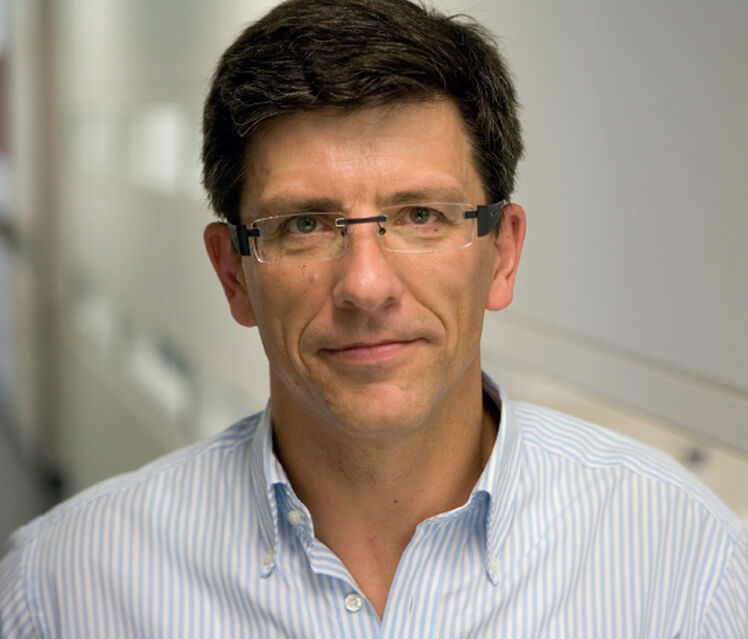
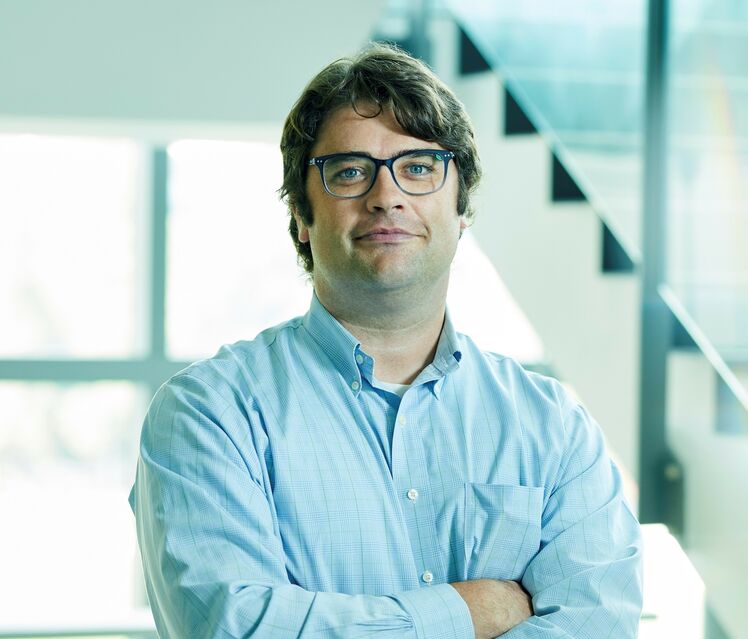
L-R: Prof Roland Stocker and Assoc Prof John O'Sullivan. Dr Ashish Misra in header image.
Screening for early detection of atrial fibrillation, Heart Rhythm and Stroke Prevention Group
The Heart Rhythm and Stroke Prevention Group, led by Professor Ben Freedman, will be conducting the project "SAFER and SAFER-AUS: External stakeholder qualitative comparative analysis" with the University of Cambridge, UK.
Atrial fibrillation (AF) is a common condition rising in prevalence that is associated with 30 per cent of strokes, as well as heart failure, dementia and death. The impact is set to increase as the population ages. AF meets many criteria for a screening programme, but there is an absence of evidence that a population screening strategy reduces the risk of stroke or other outcomes. As a result, no countries as yet recommend national screening programs for AF.
The Screening for Atrial Fibrillation with ECG to Reduce stroke (SAFER) trial is one of several ongoing trials that seek to determine whether screening for AF is effective at reducing risk of stroke. It will be the world's largest study of screening for AF and SAFER-AUS, led by Prof Freedman and conducted in Australian general practices, will be its only international arm. Combined qualitative analysis of collected data funded by this grant will refine understanding of the screening program and help inform the design of a national AF screening program both in the UK and Australia.
"This study aims to show that widespread screening for AF in the at-risk population could help early detection of the disease and prevent associated strokes," says Prof Freedman.
"There is potential that the results of these trials will lead to a worldwide solution for AF screening, and the joint qualitative study led by Dr Nicole Lowres and her Cambridge counterparts will inform how we should best implement it."
Developing a deeper understanding of sepsis to prevent hypotension, Microvascular Research Group
The Microvascular Research Group, led by Dr Chris Stanley, is conducting a collaborative project entitled "A 'potential' to fix peripheral arterial tone in sepsis" with the University of Manchester, UK.
Sepsis is a condition caused by a dysregulated immune response to infection. In its severest form, sepsis causes death through loss of peripheral arterial tone, leading to hypotension and organ dysfunction. Sepsis affects 31.5 million people worldwide and causes 5.3 million deaths per year. There is still an unmet clinical need to reverse the decreased blood pressure and organ dysfunction associated with sepsis, and the lack of clinical trial success suggests a lack of fundamental understanding of what drives the arterial pathology seen in sepsis. As a result, patients do not receive effective or targeted therapy, thus increasing their risk of mortality.
Arterial pathology seen in sepsis is associated with a loss of peripheral arterial tone, caused by increased vasodilation and a reduced capacity to vasoconstrict. These arterial states are chiefly governed by changes in smooth muscle cell (SMC) membrane potential and calcium signalling. The impact of sepsis on SMC membrane potential and calcium signalling is not well characterised.
This research aims to develop a complete understanding of how sepsis dysregulates SMC membrane potential and calcium signalling. This novel pathway has the potential to revolutionise our understanding of microvascular mechanisms leading to hypotension in sepsis, and a comprehensive understanding of this pathway will unveil several potential targets for drug therapy.
"These insights could lead to novel treatment approaches to prevent hypotension in the septic patient," says Dr Stanley.
Identifying new pathways to treat cardiovascular disease, Vascular Complications Group
The Vascular Complications Group, led by Dr Mary Kavurma, will be investigating "Novel mechanisms mediating SIPS in cardiovascular disease" in collaboration with Professor Martin Bennett at the University of Cambridge, UK.
Cell senescence describes the irreversible growth arrest caused by exhaustion of replicative capacity or following environmental stress, termed stress-induced premature senescence (SIPS).
The Group has previously shown that vascular smooth muscle cell (VSMC) senescence promotes atherosclerosis, the main underlying cause of cardiovascular disease. They have also shown that TNF-related apoptosis-inducing ligand (TRAIL) regulates VSMC survival, proliferation, migration, and differentiation in response to multiple stresses including injury and diabetes, and that TRAIL deficiency accelerates inflammation and atherosclerosis.
In this research, the Group aims to examine the effect of TRAIL or death receptor suppression on senescence, chronic inflammation, and atherosclerosis following environmental stress.
"This work will help to identify new pathways targeting senescence for potential novel treatments for atherosclerosis and cardiovascular disease," says Dr Kavurma.
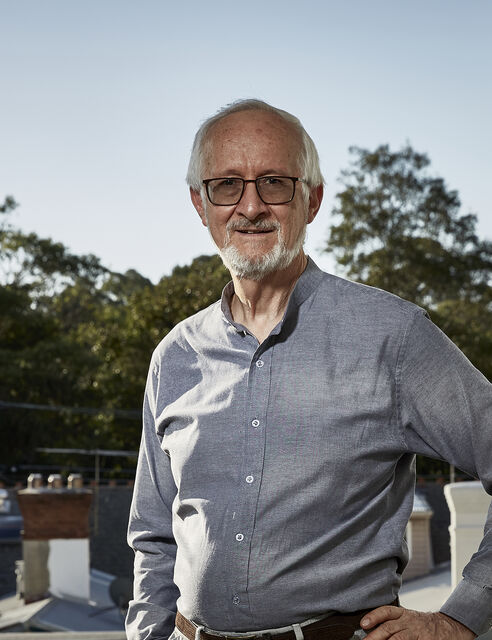
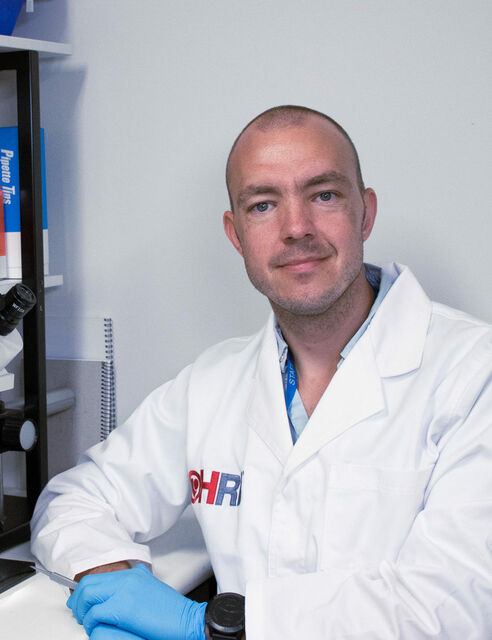
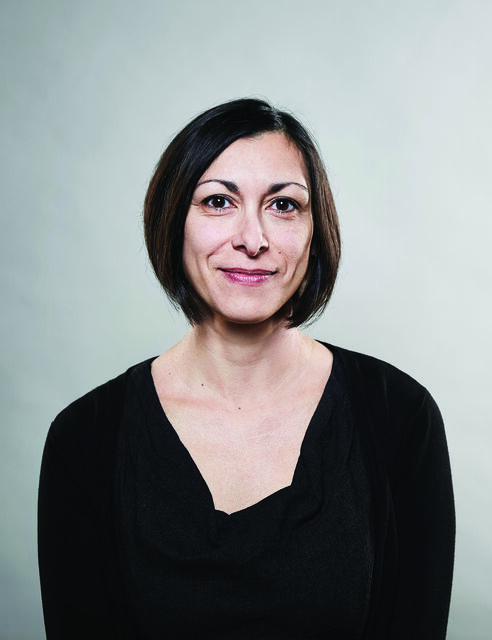
L-R: Prof Ben Freedman, Dr Chris Stanley and Dr Mary Kavurma






